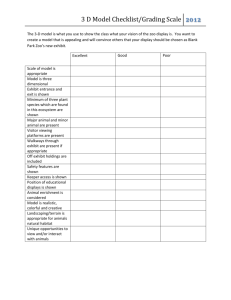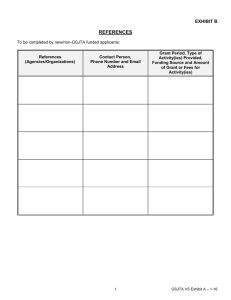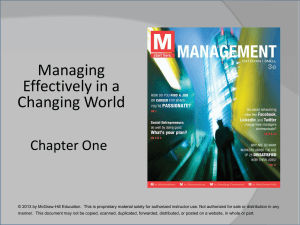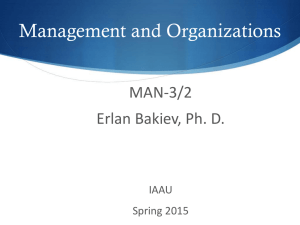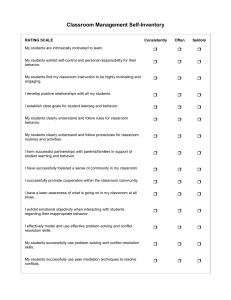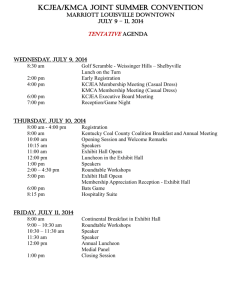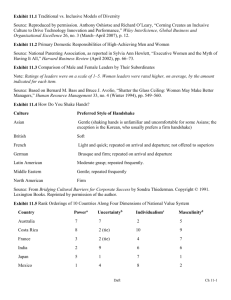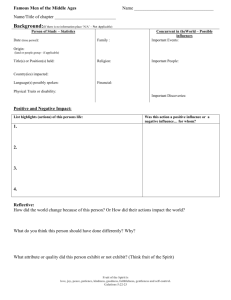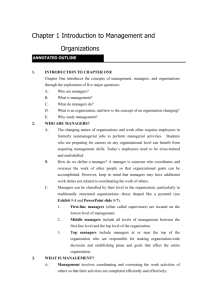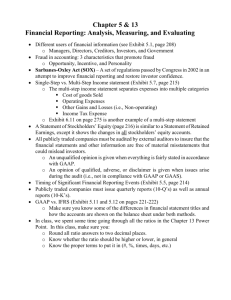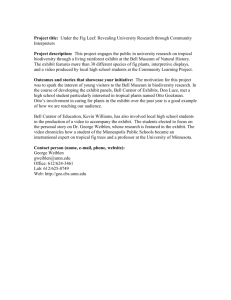CHAPTER SUMMARY – CHAPTER 1
advertisement
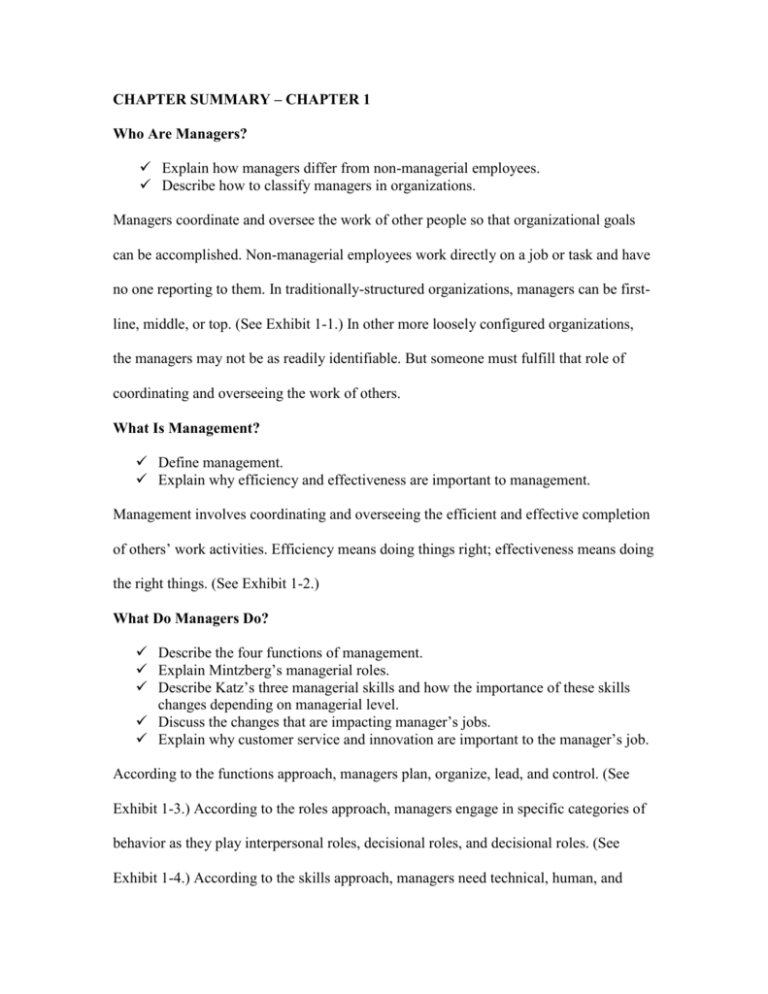
CHAPTER SUMMARY – CHAPTER 1 Who Are Managers? Explain how managers differ from non-managerial employees. Describe how to classify managers in organizations. Managers coordinate and oversee the work of other people so that organizational goals can be accomplished. Non-managerial employees work directly on a job or task and have no one reporting to them. In traditionally-structured organizations, managers can be firstline, middle, or top. (See Exhibit 1-1.) In other more loosely configured organizations, the managers may not be as readily identifiable. But someone must fulfill that role of coordinating and overseeing the work of others. What Is Management? Define management. Explain why efficiency and effectiveness are important to management. Management involves coordinating and overseeing the efficient and effective completion of others’ work activities. Efficiency means doing things right; effectiveness means doing the right things. (See Exhibit 1-2.) What Do Managers Do? Describe the four functions of management. Explain Mintzberg’s managerial roles. Describe Katz’s three managerial skills and how the importance of these skills changes depending on managerial level. Discuss the changes that are impacting manager’s jobs. Explain why customer service and innovation are important to the manager’s job. According to the functions approach, managers plan, organize, lead, and control. (See Exhibit 1-3.) According to the roles approach, managers engage in specific categories of behavior as they play interpersonal roles, decisional roles, and decisional roles. (See Exhibit 1-4.) According to the skills approach, managers need technical, human, and conceptual skills to perform the duties and activities associated with being a manager. (See Exhibit 1-5.) However, because of changing technology (digitization), increased security threats, increased emphasis on ethics, and increased competitiveness; the manager’s job is changing. (See Exhibit 1-8.) Two key changes are the increasing importance of both customers and innovation. What Is An Organization? Describe the characteristics of an organization. Explain how the concept of an organization is changing. Without organizations, there would be no need for managers. An organization is a deliberate arrangement of people to accomplish some specific purpose. (See Exhibit 1-9.) The concept of organizations is changing. (See Exhibit 1-10.) Many contemporary organizations no longer have clearly identifiable divisions, departments, and work units, but instead may be more open, flexible, and responsive to changes. Why Study Management? Explain the universality of management concept. Discuss why an understanding of management is important. Describe the rewards and challenges of being a manager. There are three reasons why it’s important to study management. First, is the universality of management, which means that managers are needed in all types and sizes of organizations, at all organizational levels and work areas, and in all global locations. (See Exhibit 1-11.) The second is the reality of work—that is, you will either manage or be managed. And the third reason is that there are significant rewards and challenges in being a manager. (See Exhibit 1-12.)
